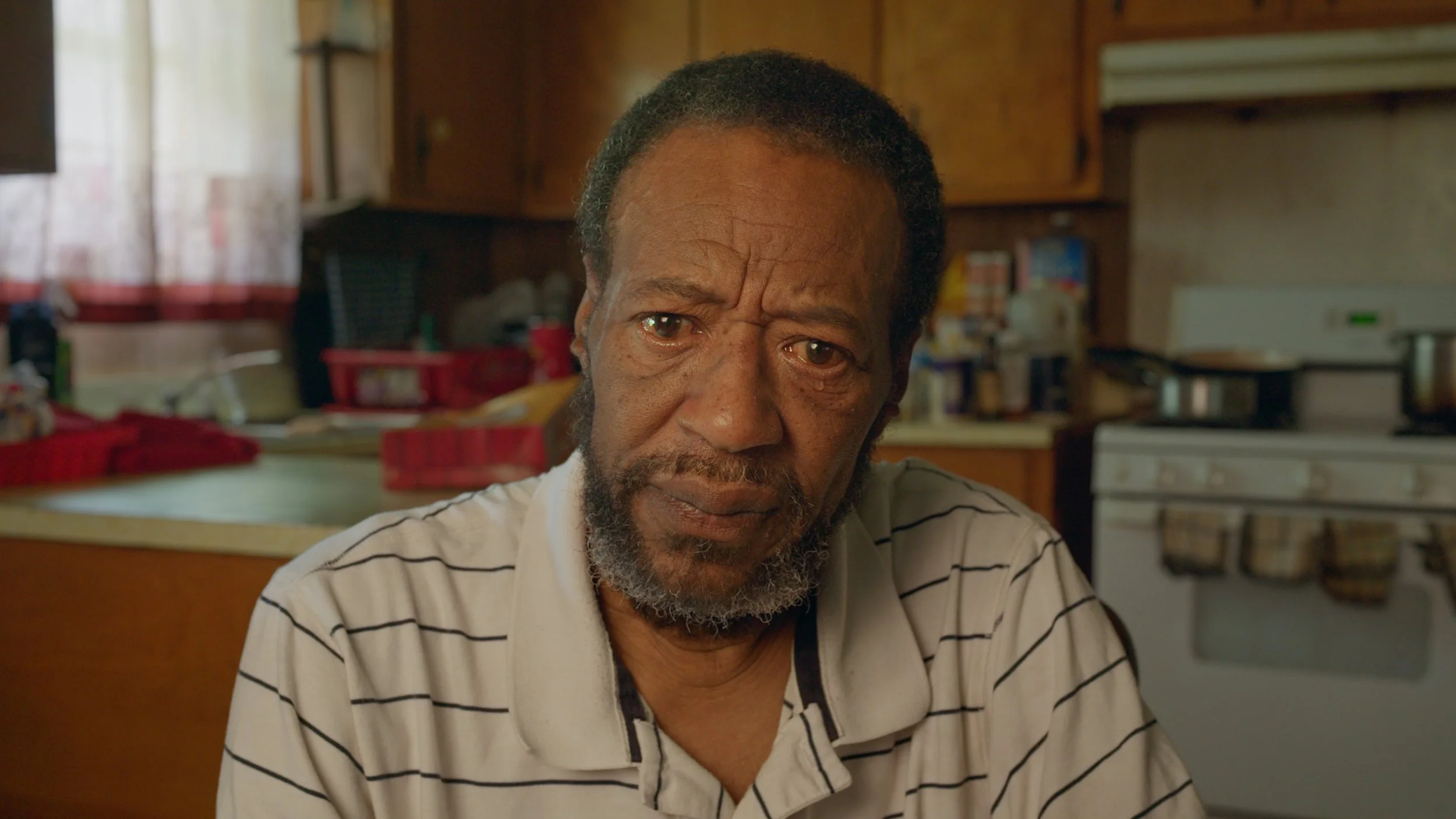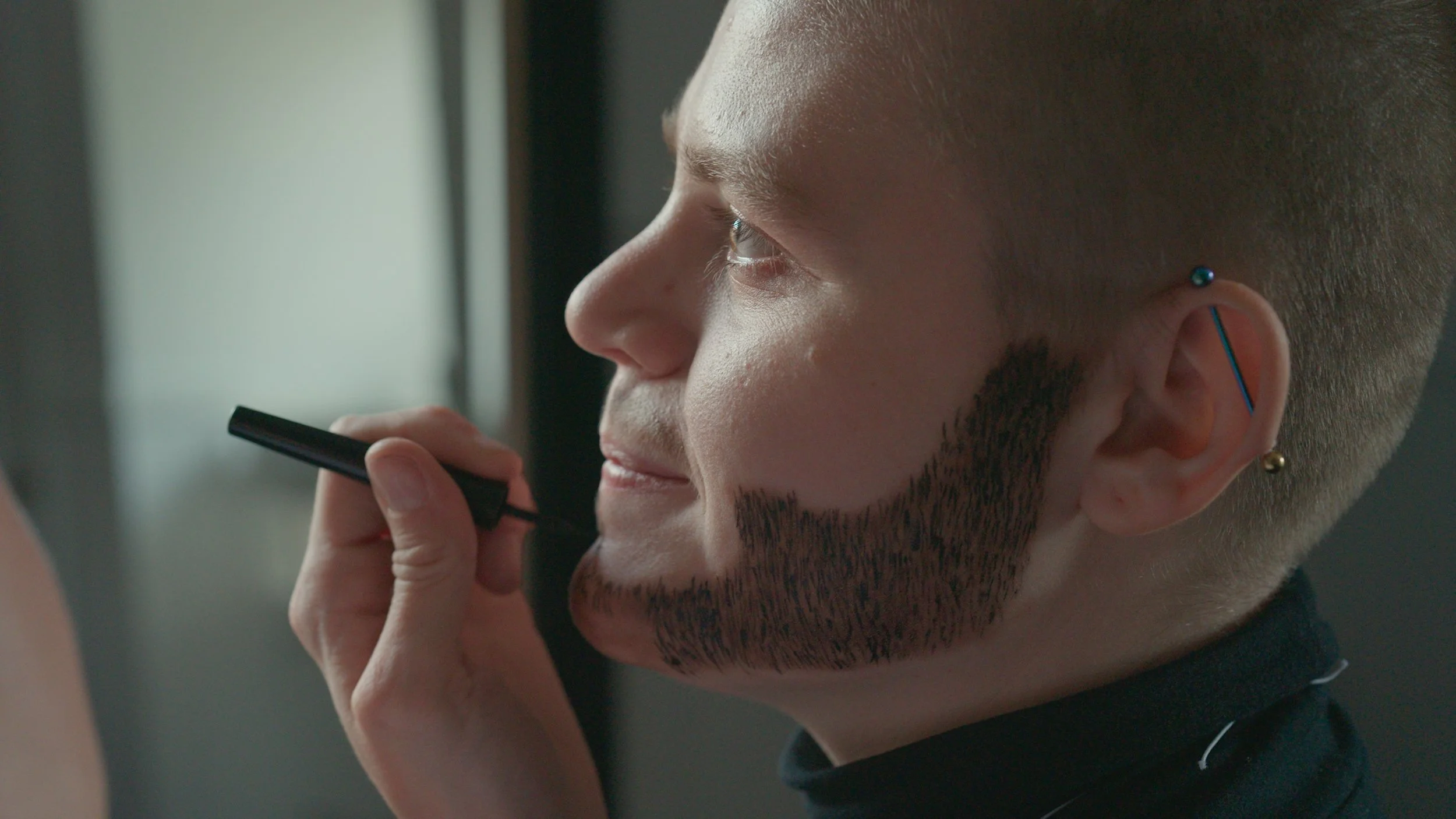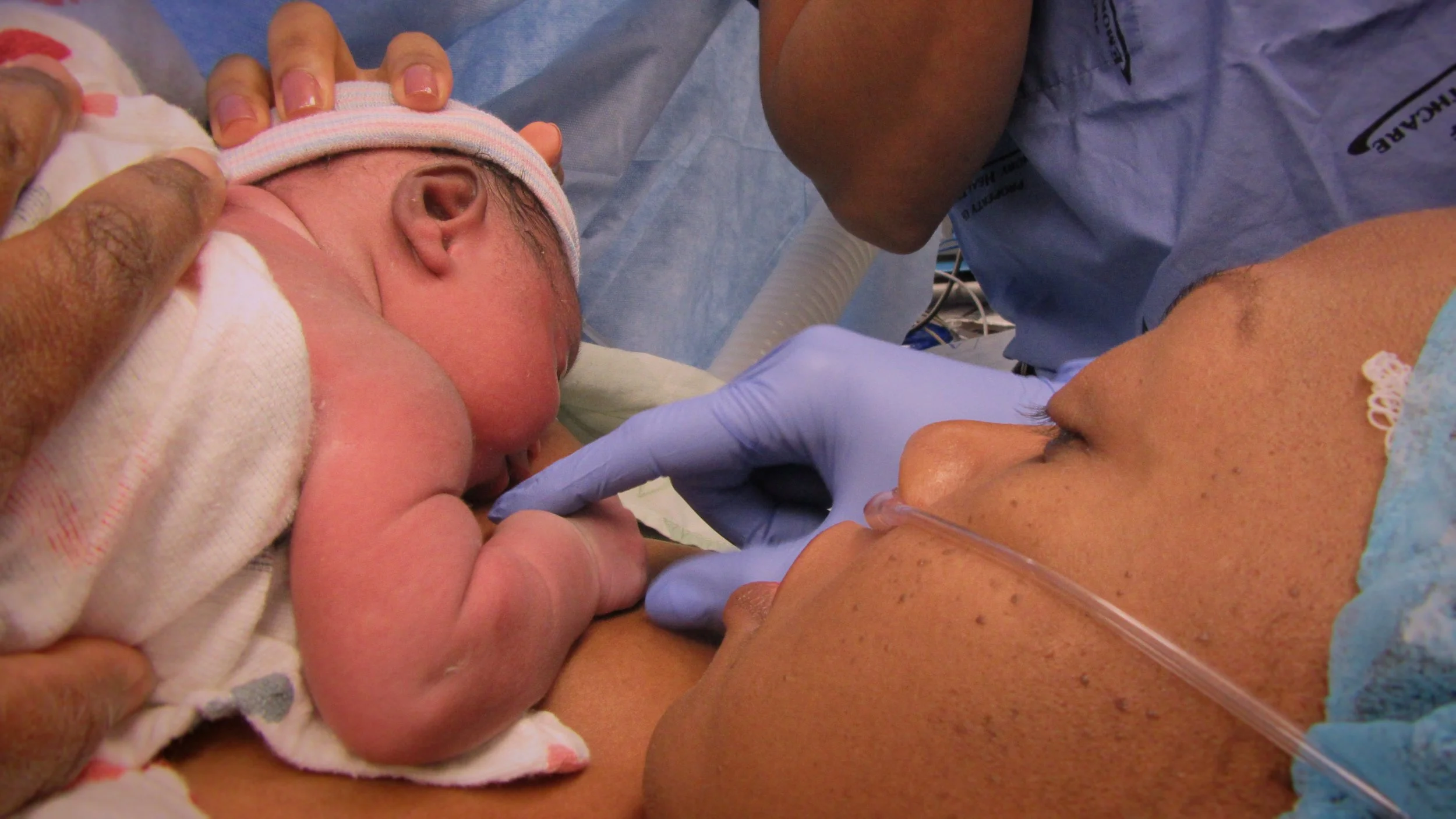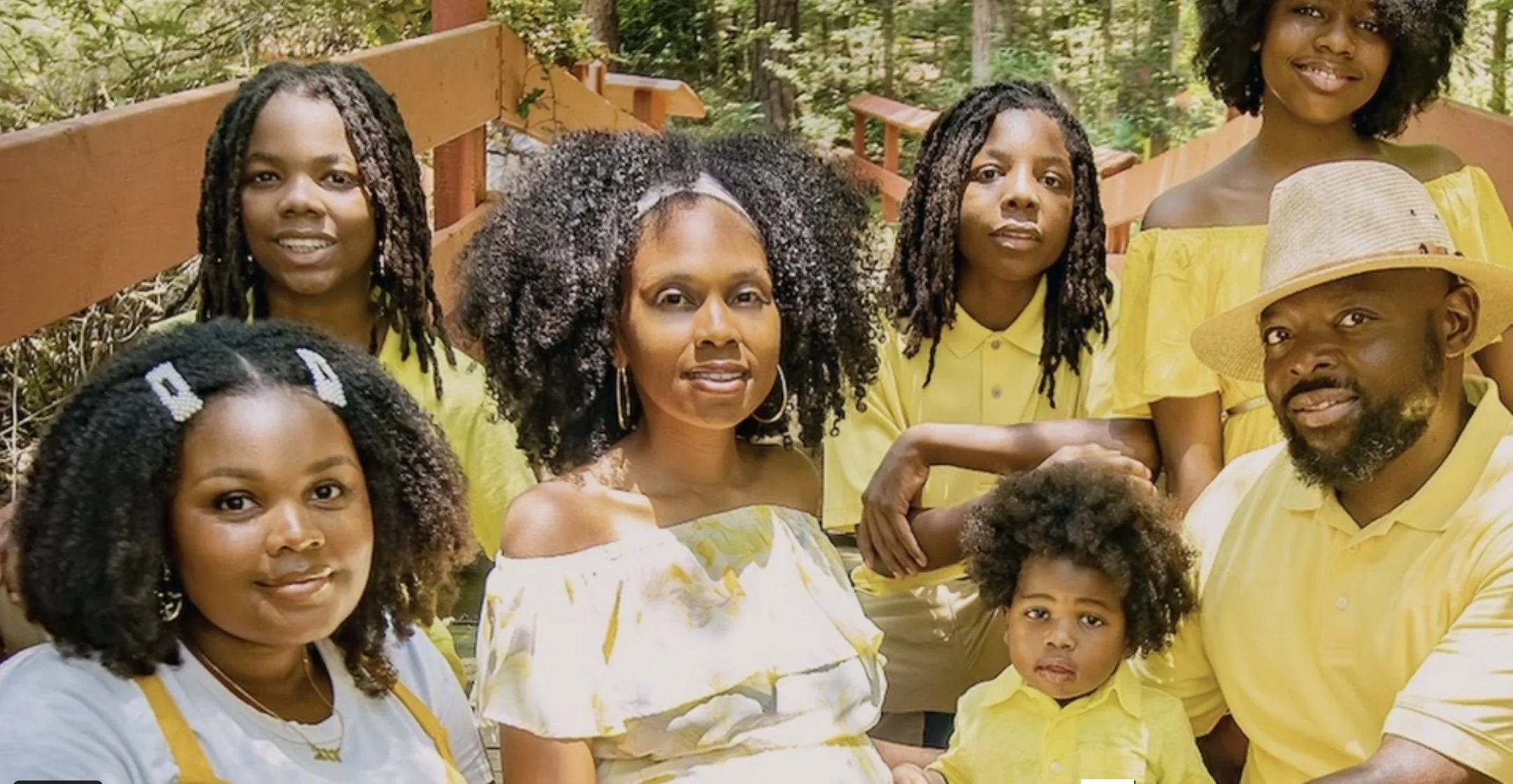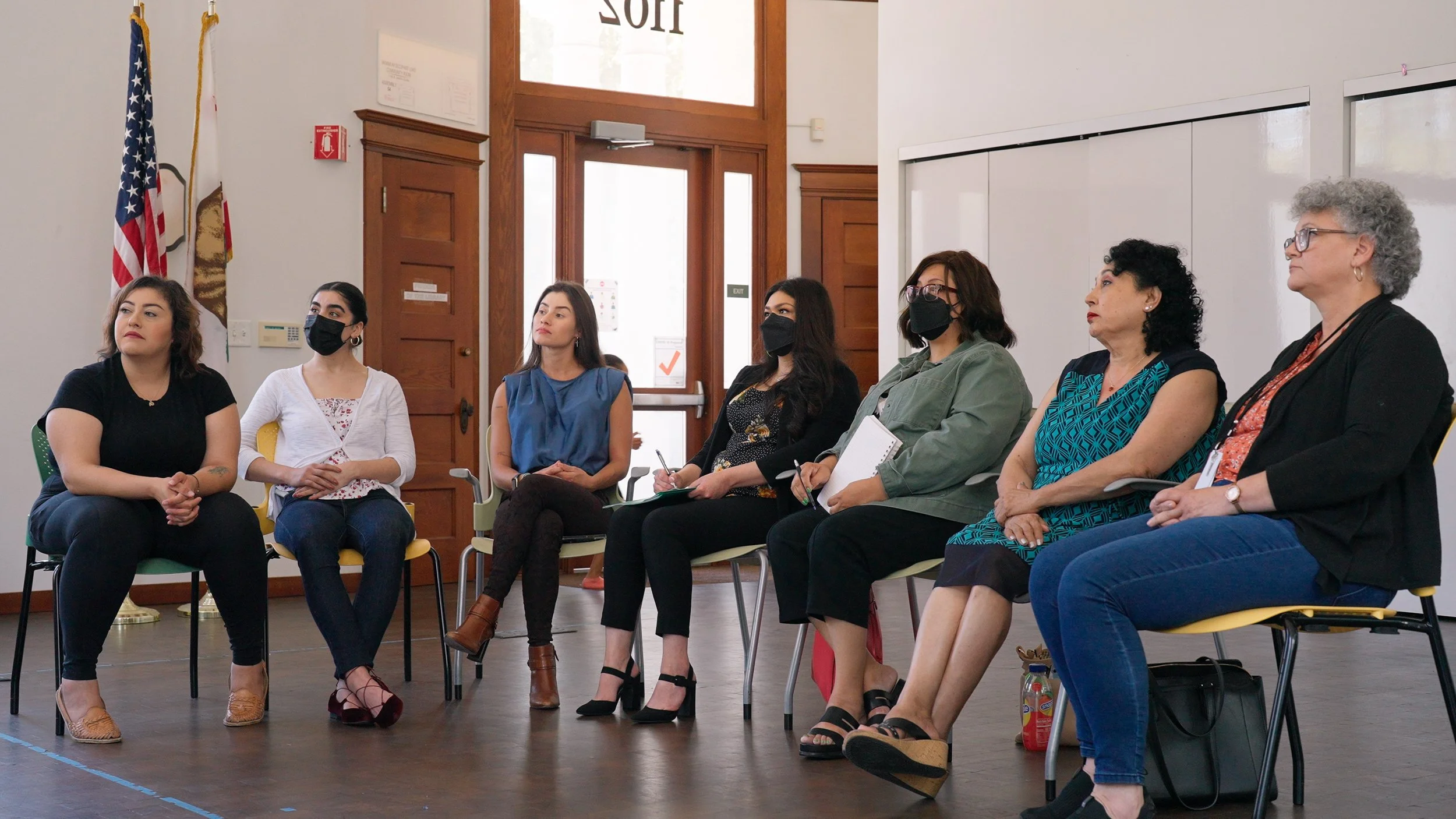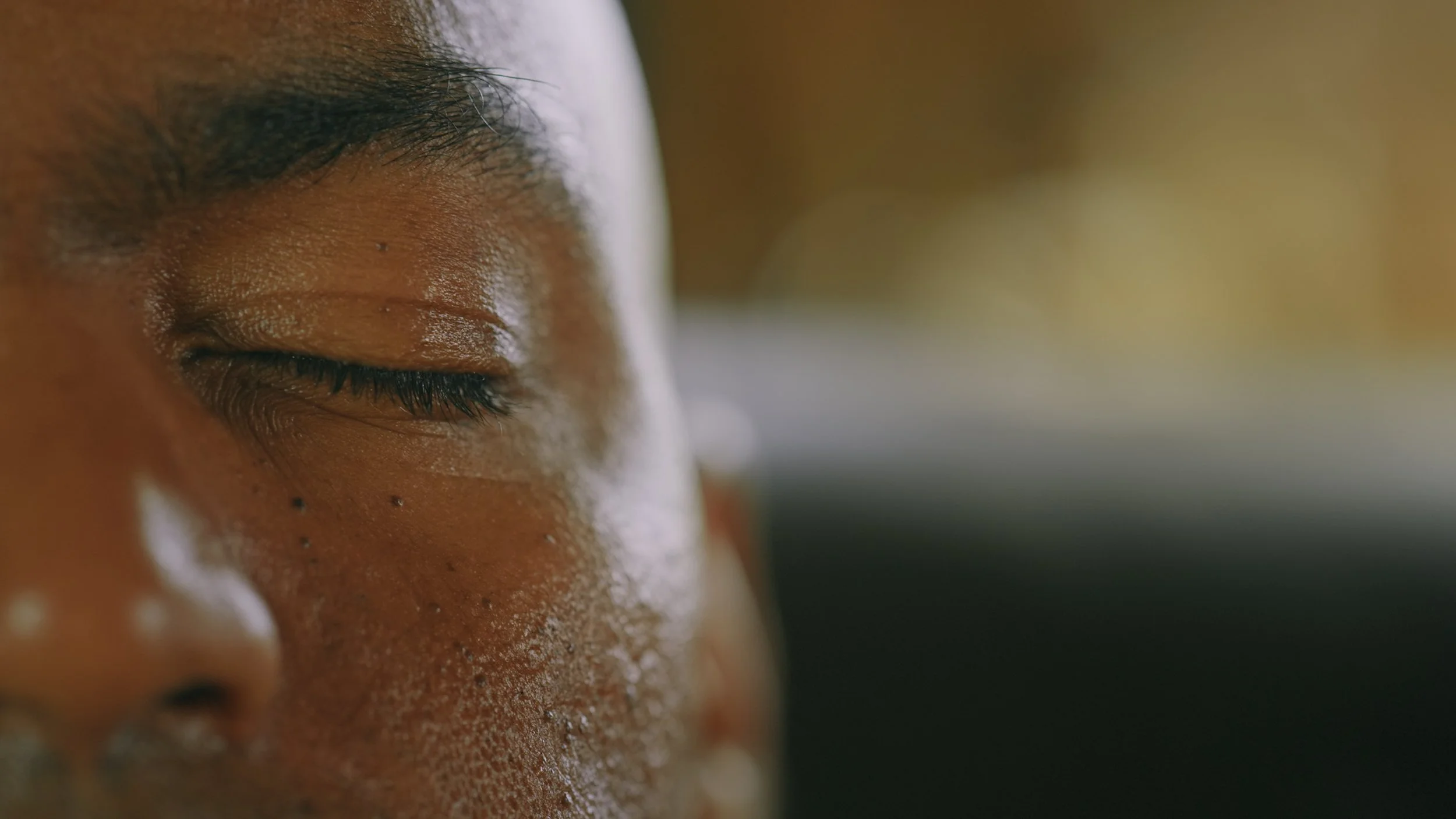Season Two: health equity in america
What does the plight of a Black amputee in the Mississippi Delta have in common with a transgender teen struggling with mental health issues? Or a Native American food activist fighting a generational legacy of diabetes? In this ten-part docuseries and accompanying photo essay series – underwritten by Walgreens – we take a journey across the nation’s health divide to reveal the common thread connecting the lives of Americans who face worse odds of living a healthy life because of their race, income, gender identity, or zip code. Through their stories of struggle, we explore the causes and consequences of health inequity and find solutions for bringing about change.
EPISODE 1: SAVING LIMBS AND LIVES
Every 4 minutes an American diabetic loses a limb – more frequently if you are Black and live in a state like Mississippi that ranks among the worst for health access and outcomes. Cardiologist Dr. Foluso Fakorede calls this “the amputation lottery” and is single-handedly saving limbs and calling national attention to what he views as one of the worst health justice crises of our times.
EPISODE 2: FREE TO BE ME
For many transgender and nonbinary youth, being able to look on the outside the way they feel on the inside is a life-or-death matter. Two transgender young people, September and Loki, share their personal mental health journeys and what it means to be able to freely be themselves and find acceptance.
EPISODE 3: BREAKING THE CYCLE
Danielle Antelope’s mother was one of nine children. Of those nine, eight have diabetes and other chronic conditions. As Danielle unwound her family’s health history, and the history of her Blackfeet Tribal Nation, she came to learn how colonization destroyed the traditional foodways of her people, starting a vicious multi-generational cycle of health disparities. Now, she is working to break that cycle for her community, and the next generation, by reclaiming and restoring traditional, healthy foodways.
EPISODE 4: THE NAVIGATOR
For many low-income Latinas, a cancer diagnosis comes with a host of overwhelming challenges: understanding and securing insurance coverage; finding and paying for the best medical treatment; covering rent and other bills with no source of income. Maria Le Lani Zeledon is a passionate patient advocate who helps women in San Jose, California – many of them immigrants – navigate and overcome the barriers that stand between them and life-saving cancer treatment.
EPISODE 5: NOT ON OUR WATCH
Dr. Shalon Irving was a double-PhD CDC epidemiologist who researched health inequities. This didn't protect her from dying unnecessarily from pregnancy-related causes like so many Black women. Shalon's mother Wanda Irving is now channeling her grief into action and advocacy, determined to honor her daughter by saving the next mother's life.
EPISODE 6: A CHAIN OF LOSS
Two years ago, Armand Kadima lost his wife Yolanda – a well-educated doula and lactation specialist – to complications from a C-section. He is now a single dad, struggling to move forward and overcome this tragic loss while raising his seven children.
EPISODE 7: FINDING AFFIRMATION
Jackson is a cheerful gender-nonconforming 18-year-old in Arkansas. Simply because of his gender identity, he’s been bullied at school, bounced among foster homes, struggled with self-harm, and attempted suicide. Jackson is now in a place where he’s thriving, having found the love and support of an affirming community.
EPISODE 8: DEFENSORAS
How do you fight systemic health inequity? San Jose-based Latina community activist and healthcare policy expert Darcie Green is literally teaching the master class. Through her “Defensoras” bootcamp, Latina women are being trained in the history of healthcare, social determinants of health, patient rights and advocacy so they are empowered and equipped to fight for the health of their families and their communities.
EPISODE 9: CONQUERING DIABETES
In just a few years, 53-year-old Earl Sewell went from being a 250-pound diabetic with vision lapses and fainting spells to a fit, road-biking vegan who has reversed his diabetes and is in his words, “living my best life while I have it.” Having put a generational legacy of poor health habits behind him, Earl’s turnaround story is an inspiration for all.
EPISODE 10: OPENING UP
Every month or so, licensed therapist Steve Ihekona convenes Black men from Oklahoma City in garages, barbershops and other settings to join together in a peer-support mental health group – a safe space to talk about relationship issues, struggles with anxiety and depression, race-based trauma, and more. For men who might otherwise be reluctant to seek help, it’s a crucial outlet for emotional and mental health.
Photo Essays
FINDING STRENGTH
For Latina women in immigrant communities in the US, a cancer diagnosis can set off a shockwave of forces that converge and conspire against them. Along with managing their treatment, many struggle to understand their insurance, pay their rent, get to medical appointments, and put food on the table. With the support of Latinas Contra Cancer, a health justice organization based in San Jose, these women are getting the treatment and services they deserve and learning to advocate and fight for themselves and their rights.
For most transgender and non-binary youth, the transition from adolescence to adulthood involves navigating a minefield of social rejection, mistreatment, and stigma. As a result, they are far more likely than their peers to grapple with mental health issues and are at much greater risk for suicide. We asked these young people from Fort Smith, Arkansas – a relatively welcoming community in a state recently ranked as the least LGBTQ-friendly in the nation – to reflect on pivotal moments, poignant places, and personal revelations in their ongoing journeys toward happiness and wellbeing.
Every few months, a rotating group of Black men in their 30s and 40s from across Oklahoma City gets together to vent and air things out: relationship and parenting challenges, anxiety and depression, race-based trauma, or the daily reality of being Black in America. For them and many other Black men, this is a radical act – “like Tony Soprano going to a psychiatrist,” as one describes it. Although Black men experience anxiety and depression at comparable rates to white men, they are 40% less likely to seek help. Talking openly about mental and emotional health does not come easy and carries a weighty burden of stigma and shame. We met some of these men and asked them to share their struggles with these deeply-rooted barriers and what they’ve had to do to overcome them.
Black women in the US are over three times more likely to die from a pregnancy-related cause than White women, an alarming disparity largely driven by the structural racism and implicit bias that still run deep through our health system. In the Greater Atlanta area, an impassioned coalition of survivors, advocates, midwives, and clinical experts has emerged to channel their grief and righteous anger into a call for justice and solutions for lasting change.



